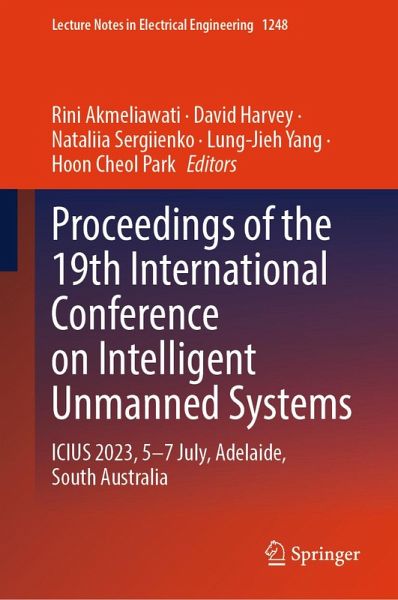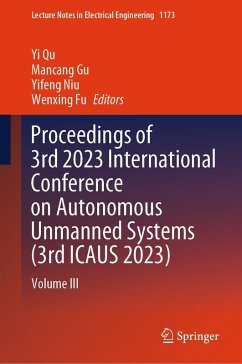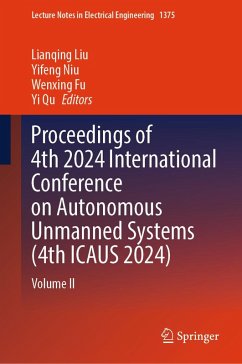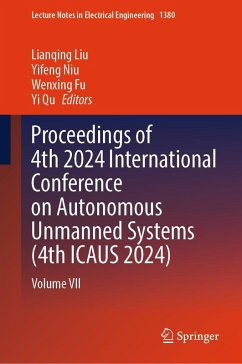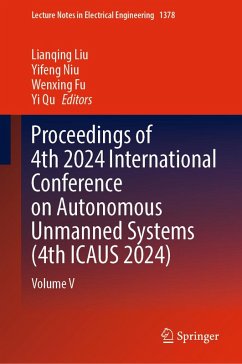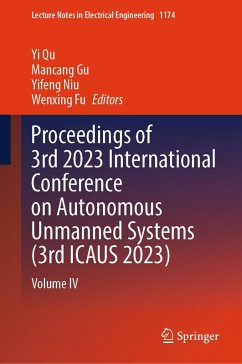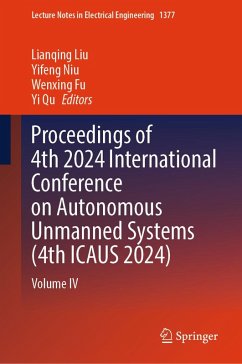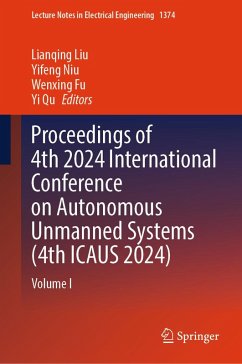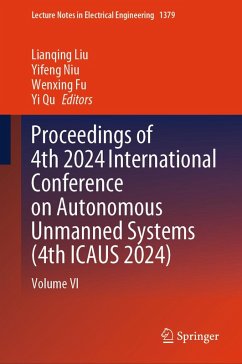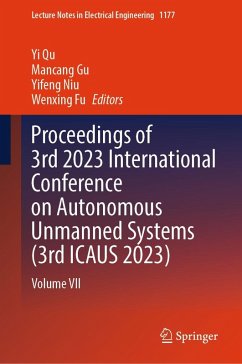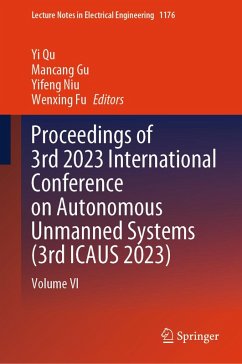Dr Rini Akmeliawati is Associate Professor at the School of Electrical and Mechanical Engineering, The University of Adelaide, Australia. She is Fellow in Engineers Australia (FIEAust) and Senior Member of IEEE. She is Coordinator of Robotics and Automation Research Group and Programme Coordinator for Mechatronics and Robotics programme at the same school. She obtained her Ph.D. in Electrical and Electronic Engineering (major: Control Engineering) from The University of Melbourne, Australia, in 2002 and Bachelor of Electrical Engineering (honours) from RMIT University, Australia, in 1997. She was Full Professor in the Department of Mechatronics Engineering at the International Islamic University Malaysia in 2012-2018 and Associate Professor in 2008-2012 in the same department. She was Lecturer at School of Electrical and Computer Systems Engineering, Monash University, Malaysia Campus (2004-2008), and at the School of Mathematics and Geospatial Sciences, RMIT University (2001-2004). She is one of the vice presidents of the International Society of Intelligent Unmanned Systems (2022-present) and was Vice President of the Malaysian Society of Automatic Control Engineers (MACE) 2016-2018. She has published more than 200 research papers in journals, conference proceedings, and book chapters. Her research interests are on Control Systems Design (Theory and Applications), Space and bio-inspired Robotics, System Modelling and Identification, and Intelligent Mechatronics Systems. Dr David Harvey is Associate Professor in "Engineering Systems and Mechanical Design" at The University of Adelaide. David has a background in mechatronics and robotics, with deep industrial experience in systems design, particularly early-stage systems engineering for significant socio-technical systems. After completing his Ph.D. in biologically inspired mobile robotics in 2007, he spent 10 years working as Systems Engineer in the Defence, Aerospace, Transport and Emergency Services sectors, finishing this time as Chief Engineer at Shoal Engineering. He moved to academia in 2018, bringing this experience in systems design to teaching and robotics research. His interests include mobile robotics to further human endeavour in space and agriculture, focusing on biologically inspired robotics and unique locomotion, lunar rovers for site preparation, construction, and mining. Additionally, he is active in developing engineering practice through advanced systems engineering for autonomous systems and the use of digital twins in design. Dr Nataliia Sergiienko is Senior Lecturer in the School of Electrical and Mechanical Engineering at the University of Adelaide, Australia. Dr Sergiienko received her bachelor's and master's degrees in Aerospace engineering from the National Technical University of Ukraine in 2005 and 2007 respectively. Between 2007 and 2012, she worked as Modelling, Simulation and Analysis Engineer for the US-based company, InnaLabs Ltd., developing high-precision inertial navigation and orientation systems for aerospace and marine applications. In 2018, Dr Sergiienko received her Ph.D. degree in Mechanical Engineering from the University of Adelaide, Australia. Her current research focuses on wave energy converters and floating offshore wind platforms. Since 2023, Dr Sergiienko has been Australia Research Council Industry Fellow working on deployment-ready control systems for the wave energy industry. Dr Sergiienko contributed to four book chapters and is Author of more than 60 journal articles and conference papers, three of which received best paper awards. Professor Lung-Jieh Yang received his Ph.D. degree in Institute of Applied Mechanics of National Taiwan University in 1997 and has ever been Visiting Associate at Caltech USA during 2000-2001. Yang is currently working as Professor at the Department of Mechanical Engineering, Tamkang University, Taiwan. He published over 77 international journal articles, 107 conference papers, 20 patents, and 5 books in the areas of microelectromechanical systems (MEMS) and flapping wing micro-air-vehicles (FWMAVs). His papers have been cited for more than 1,100 times with h-index of 19 in Scopus database and a score of 30 in the ResearchGate. He is Former Editor-in-Chief of the Journal of Applied Science and Engineering (ESCI index by Clarivate Analytic) during 2011-2020. He is Former Department Chair of Mechanical Engineering, Tamkang University during 2011-2015. He is also President of International Society of Intelligent Unmanned Systems (ISIUS) now and hosted international conferences of ICIUS-2017 (Taiwan), 2019 (Beijing), and ICBAO-2015 (Taiwan). He was elevated to IEEE Senior Member in 2013. Professor Hoon Cheol Park received his B.S. (1985) and M.S. (1987) degrees from Seoul National University in Seoul, Korea, and Ph.D. degree from the University of Maryland at College Park, MD, USA, in 1994. He joined the Department of Aerospace Engineering, Konkuk University in Seoul, Korea, in 1995. Dr Hoon Cheol Park is currently Professor at the Department of Smart Vehicle Engineering, Konkuk University, Seoul, Korea. His professional experience includes research engineering at Kia Motors (1986-1988) and Senior Researcher at Korea Aerospace Research Institute (1994-1995). His specialty is finite element analysis, and his recent research focus is mainly biomimetics and bio-inspired flight. His research team published about 140 SCI/SCIE journal papers including a paper published in Science in 2020. His research team was recognized as one of the most active teams in biomimetic flying robot research through review papers published in International Journal of Micro Air Vehicles in 2015 and 2017. He has been Editorial Board Member and Associate Editor of Journal of Bionic Engineering since 2007 and 2013, respectively, and Associate Editor of International Journal of Advanced Robotic Systems since 2013. He joined the editorial board of Bioinspiration and Biomimetics in 2019. He also served Korea Society of Mechanical Engineers, Division of Bioengineering, as President in 2015 and as Vice President for several years. As an international activity, he led the International Society of Intelligent Unmanned Systems (ISIUS) as President (2017-2019).
